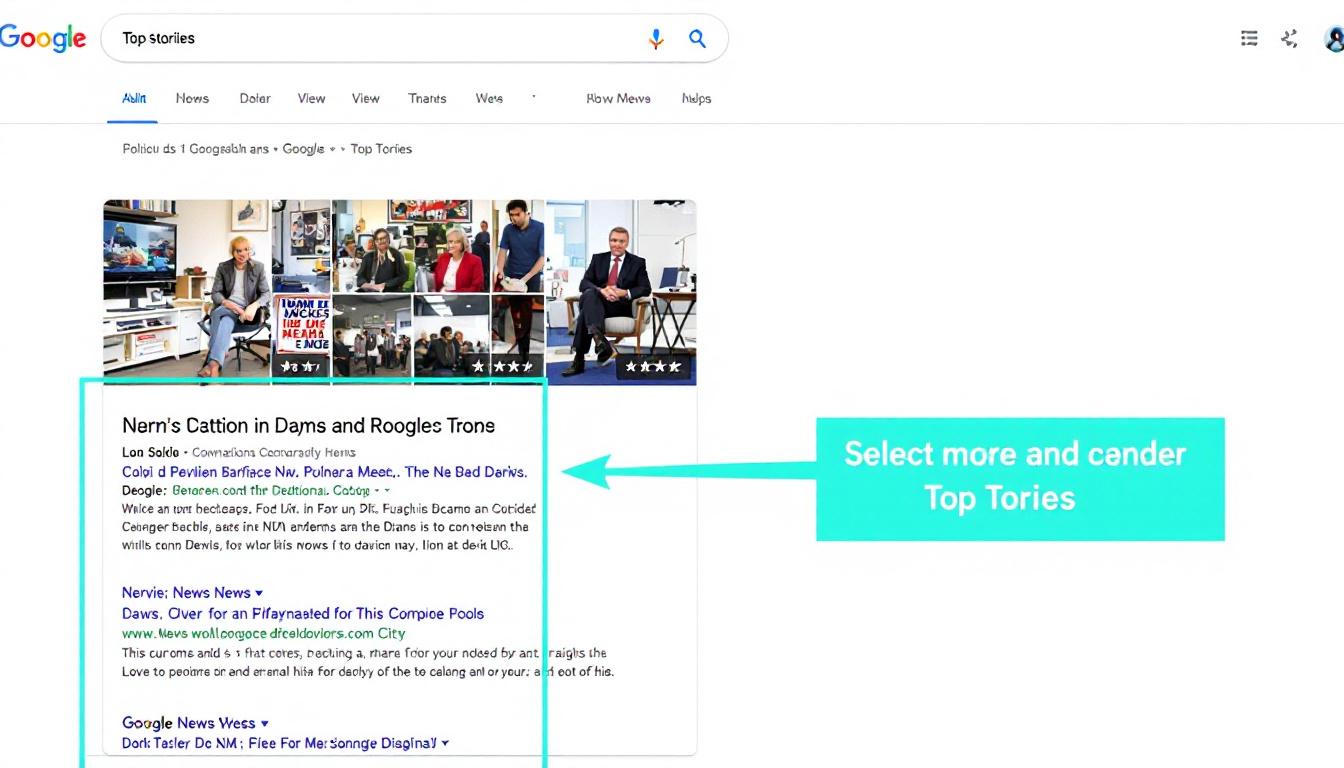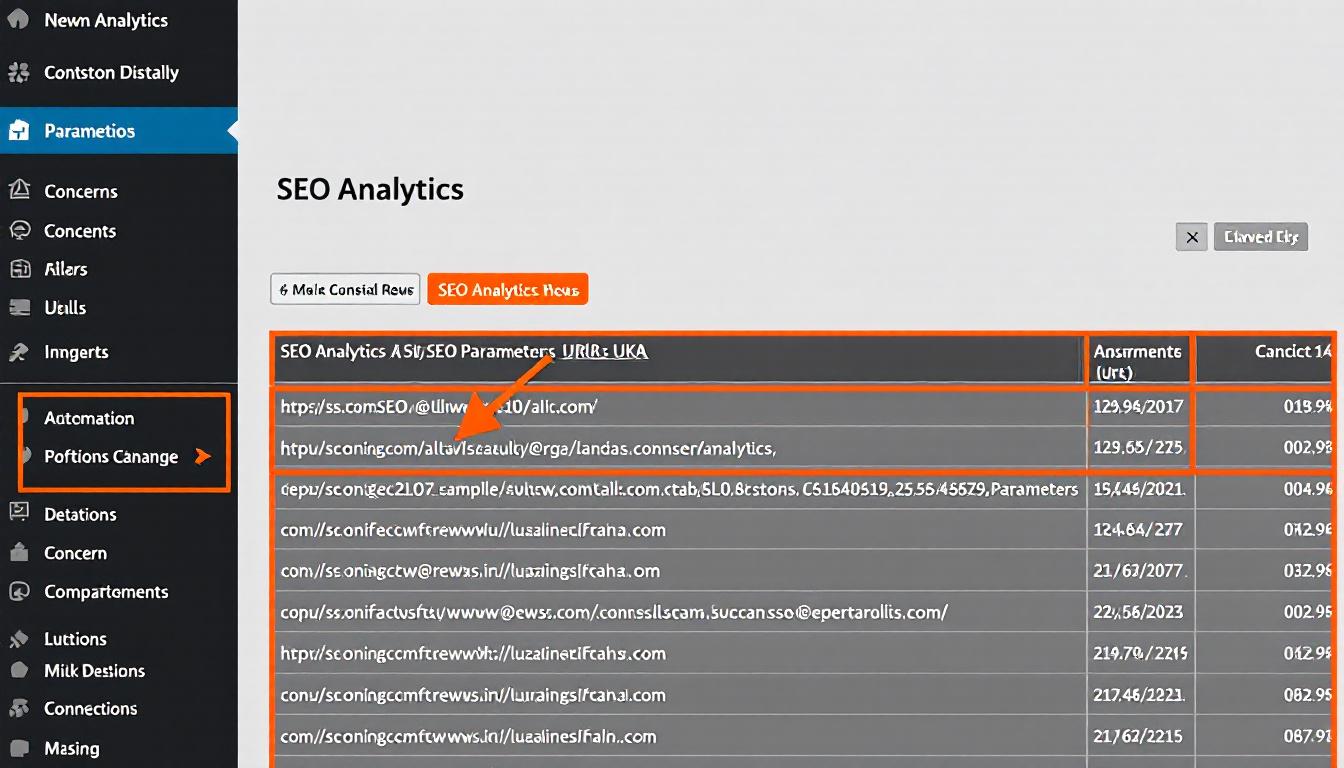At the recent Google Search Central Live event in New York City, Danny Sullivan, Google’s Search Liaison, unveiled valuable information on how AI Overviews are shaping the future of search results.
Namecheap
Find your perfect brand domain and claim it now to boost your SEO. Start from as low as $5 per year.
Sullivan delved into the mechanics of predictive summaries, grounding links, and the query fan-out technique, offering clarity on optimizing search strategies in an AI-enhanced landscape.
Enhancing SEO for AI Overviews
Danny Sullivan provided a comprehensive overview of the generation process behind AI Overviews, highlighting the nuances that differentiate them from traditional search results.
He reassured audiences that despite these differences, the core principles of search optimization remain intact.
Maintaining Core SEO Principles
Sullivan emphasized the continuity between classic SEO tactics and the evolving AI-driven search environment.
“The fundamental elements haven’t significantly shifted.
Effective search optimization strategies continue to apply and translate well into the realm of generative AI summaries,” Sullivan noted. This statement underscores the importance of adhering to established SEO best practices even as search technologies advance.
This assurance is pivotal for marketers and publishers aiming to retain their search visibility amidst the integration of AI technologies.
Understanding the Distinctions in AIO Results
A critical part of Sullivan’s presentation focused on elucidating the reasons behind the distinct nature of AI Overview search results compared to traditional organic listings.
Predictive Summaries
Sullivan unraveled the concept of predictive summaries and their role in shaping AIO search outcomes.
Predictive summaries not only provide answers to specific queries but also anticipate related questions users might have. This approach aligns with Google’s Information Gain patent, which focuses on forecasting subsequent queries to enhance user experience.
Sullivan explained, “The model extends beyond the top 10 results, offering a more comprehensive overview by understanding various related aspects of the initial query.”
Grounding Links
Further deepening the discussion, Sullivan introduced the concept of grounding links and their significance in AIO.
Grounding links serve to verify the factual accuracy of AI-generated summaries by anchoring them to reliable sources. Unlike traditional blue links, these are more context-specific and relevant, often referred to as qualified links.
Sullivan elaborated, “These links emerge from a broader set of related queries, enhancing the diversity and relevance of the information presented in the AI Overview.”
By integrating these elements, AIO search results offer a richer and more nuanced set of information, catering to a broader range of user intents.
Navigating AIO Search Optimization
Sullivan provided strategic advice on how to approach SEO in the context of AI Overviews, cautioning against certain practices while highlighting opportunities.
Avoid Dual Optimization
Sullivan warned about the potential pitfalls of attempting to optimize for both organic and AIO results simultaneously.
“Attempting to rank for both organic and AIO summaries can lead to conflicting strategies and diminished performance,” Sullivan cautioned.
He suggested focusing efforts on the primary optimization techniques that align with core SEO principles to maintain search visibility without overcomplicating the strategy.
The Query Fan-Out Technique
Introducing the query fan-out technique, Sullivan explained its role in the functionality of AI Mode.
AI Mode employs the query fan-out technique to handle multiple related queries derived from the initial search input.
Sullivan described, “This method involves understanding various nuances and synonyms related to the main query, similar to existing search mechanisms but enhanced with AI capabilities.” He noted that while this technique is pivotal for AI Mode, it remains in the experimental phase within Google Labs and is subject to change.
These insights highlight the evolving nature of search optimization and the importance of adapting strategies to align with new AI-driven features.
The Bottom Line
Danny Sullivan reiterated that the foundational aspects of SEO remain relevant even as AI Overviews introduce new dynamics into search results.
By understanding and adapting to concepts like predictive summaries, grounding links, and the query fan-out technique, marketers and publishers can navigate the changing search landscape effectively.
Embracing these insights ensures continued success in optimizing for both traditional and AI-enhanced search environments.








